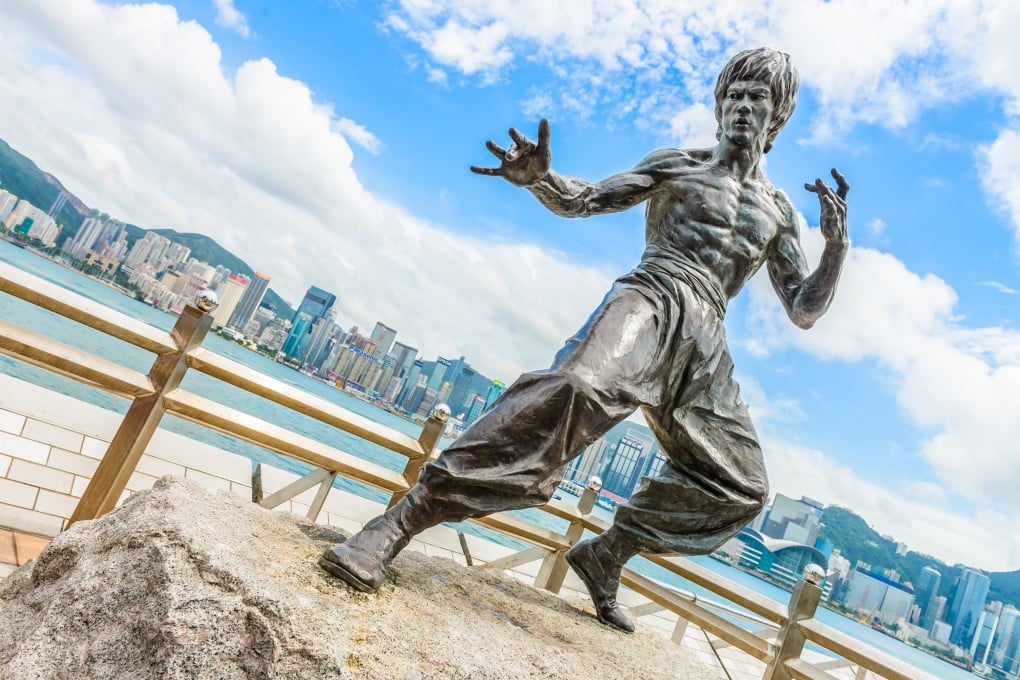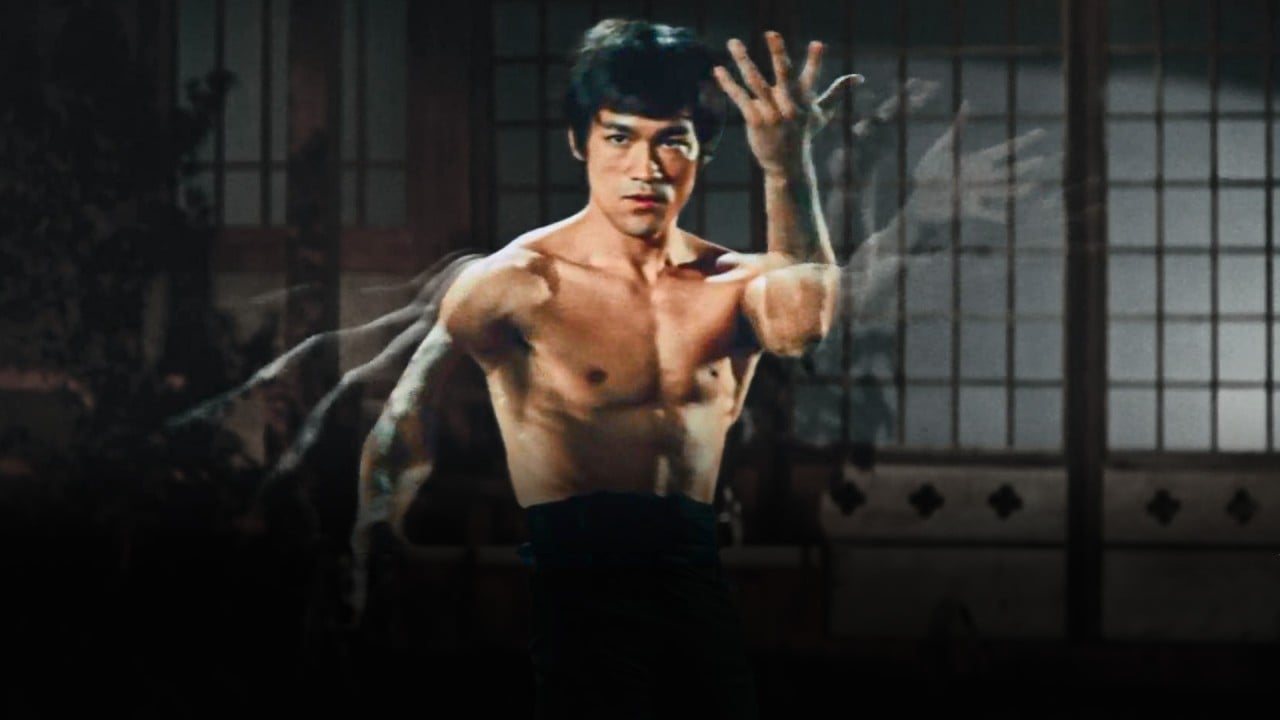50 years after his death, Bruce Lee remains a star, a role model, an enigma
- As a ‘symbol of universality’ and a ‘fantasy object’, the martial arts icon serves as a muse for people holding many beliefs
- After dying under mysterious circumstances at age 32, Lee continues to fascinate and inspire, with his image used to sell a variety of products

The legacy of martial arts legend Bruce Lee has endured at the 50th anniversary of his death in part because there are so many Bruce Lees.
Since his 1973 death under mysterious circumstances at age 32, Hong Kong has embraced Lee as a native son, China as an anti-Japanese nationalist, Asian-Americans as a role model, blacks and Latinos as a fighter of white oppression, the developing world as a foil against colonialism.
“Think about how many people try to own Bruce Lee and how many narratives there are,” said Paul Bowman, cultural studies professor at Cardiff University and lead editor of Martial Arts Studies, an academic journal. “He functions as a kind of fantasy object or muse for people in different contexts.”
At Thursday’s half-century mark, there are conferences, double features, special memorabilia and exhibitions – including the Hong Kong Heritage Museum’s “Bruce Lee: a Timeless Classic” – amid little sign his legacy is fading.
In a 2022 survey by Laaunch, an anti-discrimination non-profit, respondents rated Lee among the three most prominent Asian-Americans of all time, with the others, actors Jackie Chan and Lucy Liu, still alive.
“He’s the only Asian actor to become an international icon, up there with Elvis Presley and Marilyn Monroe,” said Matthew Polly, author of the 2018 biography Bruce Lee: A Life. “Not many who died have generated so many who pretend to be Bruce Lee, like Elvis impersonators.”
